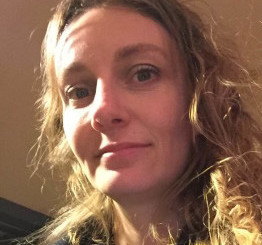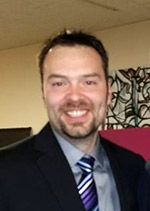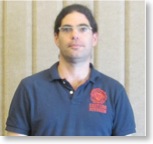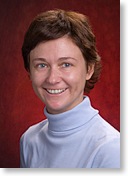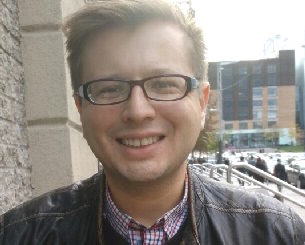
Nicolas Bencherki, University at Albany, State University of New York
I am an Assistant Professor in the Department of Communication at the University at Albany, State University of New York. After completing a joint PhD in Communication at the Université de Montréal and in Sociology of Action at Sciences Po Paris, I spent time as a postdoctoral fellow, first at the Center for the Sociology of Innovation at the Mines ParisTech, and then at NYU Tandon School of Engineering’s Department of Technology Management and Innovation. My intellectual approach is strongly influenced by STS, actor-network theory, and philosophical perspectives on creativity, innovation, and technology.
- What one piece of writing was most inspirational to you as an LSI researcher?
John Heritage’s Garfinkel and Ethnomethodology was the book that introduced me to LSI and it had a profound influence on the way I understand my work as an analyst. However, when I need a practical refresher, I always turn to Anita Pomerantz and BJ Fehr’s chapter on conversation analysis in Teun Van Dijk’s 1997 edited book Discourse as Social Interaction. Another important intellectual influence for me is French philosopher Gilbert Simondon, whose work on the way beings are “individuated” deeply affected my view of the way people, technology and organizations alike are constituted through communication. I see a continuity between Simondon’s view of individuation and ethnomethodology’s commitment to the study real-life, situated interactions – a continuity that I continue to explore and attempt to formulate.
- What question you are currently trying to explore? How?
My work centers on the concept of ‘possession,’ and I attempt to study the way people interactionally figure out what belongs to whom. In particular, when this interactional take on possession is applied to notions such as responsibility, tasks or actions, I believe that we can empirically observe the way membership and, more generally, organizational affiliation are accomplished as well as how authority, strategy and other core organizational processes are concretely performed. Drawing on a range of naturalistic interactional data including fieldwork at a community-based organization, I am trying to observe how possession and related concepts unfold in empirical situations.
